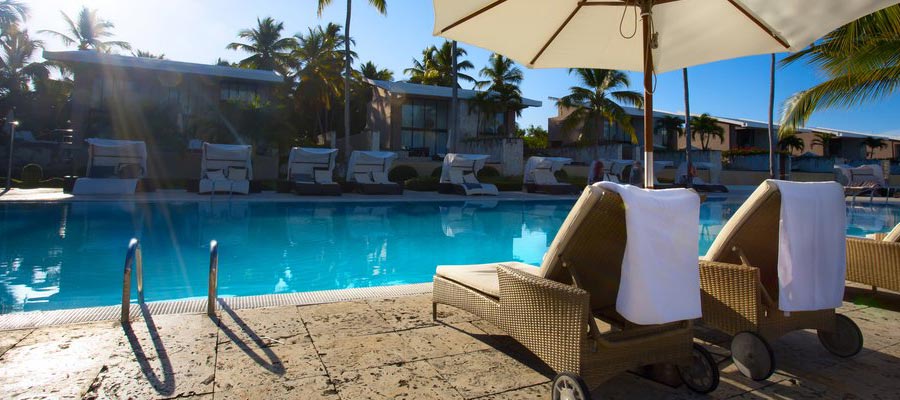No matter what industry you’re in, every business needs a staffing strategy to keep its organization running smoothly throughout the year. More than just keeping track of how many people a company needs and when, a staffing strategy should outline the type of people you want to work for you and what you can do to engage and retain them.
This is especially true in the hotel management industry, which is characterized by uncertainty and fluctuations due to seasonality. Every hotel manager’s staffing strategy should tell them how—and who—to staff in every season.
Rein in the Turnover Costs

Turnover can be a huge drain on revenue. The cost of seeking, hiring and training a new employee can become incredibly high. In fact, it can cost anywhere from 30–50% of an entry-level employee’s annual salary to replace them. For skilled professionals, it can climb as high as 400%.
Calculate your demand and revenue numbers to determine your ideal mix of permanent and seasonal staff. By analyzing past demand, you’ll know not to hire too many people for your low season; otherwise, they may quit because they’re not getting enough shifts or meaningful work. On the other hand, if you don’t hire enough people for your high season, your employees may feel overwhelmed by too much work—leading again to potential resignations. But aside from that, how can you maintain a strong employee retention rate?
Customize Roles to Reduce Seasonal Employment Costs
When peak season demand wanes, you want to ensure your year-round employees have meaningful work they can do during slower times. Consider expanding their roles so they can help with more tasks or giving them interesting special projects.
If you give an employee a new initiative to lead, they’ll develop a stronger sense of responsibility and maintain a high level of quality work during a slow season. Making the most of their skills and talents also ensures you’re maximizing your labor costs. That said, be sure to give employees enough time to complete all extra tasks and compensate them accordingly.
When high season comes around again, rather than automatically removing this new responsibility, determine if the employee’s new skills can be worked into their standard role.
Encourage Employee Engagement

If you want to encourage your staff to stay on with you or return each year, you have to treat them well, of course. Clear job descriptions, robust on-boarding programs as well as regular performance reviews and employee satisfaction surveys are all best practices for any employer.
Your staff should know exactly what their jobs entail and how they contribute to the success of your property. Schedule regular meetings to let them know the company’s values and their roles in helping achieve that. Ask your staff what they think and incorporate their feedback into your management strategies. They’ll feel respected, which will encourage them to stay with (or return to) your company.
It may seem tough to fit these practices in during your peak seasons, but these activities lead to saved turnover costs and happy staff (which leads to happy customers). Treat staff meetings and performance reviews like any other revenue-generating task.
Offer Professional Development
Offer training so employees—whether permanent or seasonal—understand their roles and how to perform them well. You might provide live, classroom-style sessions or e-training courses that target different facets of hospitality, from marketing to menu planning. Either way, training sets an expectation for excellence and shows your employees you’re willing to invest in them. Even better, offer professional development training that goes beyond their regular duties. This helps expand their skills and shows that you’re interested in their professional growth.
If you can’t manage the scheduling during your busiest period, offer employees alternative times for this training (such as the off-season or their days off).
Capitalize on Valuable Recruiting Pools

Part of your staffing strategy should include identifying—and connecting with—a pool of qualified candidates. If you’re looking for a group of seasonal workers, opt for local post-secondary students. They often seek summer jobs and will return each year looking for steady employment between semesters.
You can also reach out to any local college with a hospitality program. Make arrangements with the program administrators for students to work at your hotel in return for school credit. Because these students gain front-line experience and will become familiar with your values and customer service model, they could make a great future source for seasonal or full-time hires once they graduate.
Fostering a staff of informed employees who understand your company’s vision and how they fit into the picture will create a valuable asset for your organization—one that will continue to pay returns season after season.
Photos: Konstanttin / Shutterstock.com, Graphic Stock, DesignCue, Areipa.lt / Shutterstock.com




